
Kyle Harper's Interviews
Why Rome Actually Fell: Plagues, Slavery, & Ice Age — Kyle Harper
800 years before the Black Death, the very same bacteria ravaged Rome, killing 60%+ of the population in many areas. Also, back-to-back volcanic eruptions caused a mini Ice Age, leaving Rome devastated by famine and disease. I chatted with historian Kyle Harper about this and much else: * Rome as a massive slave societ
Kyle Harper is an historian who focuses on how humanity has shaped nature, and vice versa. He’s a Professor of Classics and Letters at the University of Oklahoma and the author of several books, including The Fate of Rome: Climate, Disease, and the End of an Empire, and his latest, Plagues Upon the Earth: Disease and t
Plague and the decline of the Roman Empire
Tom and Dominic are joined by friend of the show Kyle Harper to discuss how pandemics and disease played a far greater role in the decline of the Roman Empire than previously understood. On the show Kyle, Dominic, and Tom discuss life expectancy, how the Roman Empire was ‘bad for people’s health', the Antonine Plague,
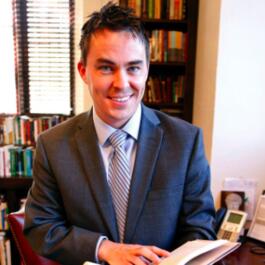
Kyle Harper · Author of “Plagues upon the Earth: Disease and the Course of Human History" (54 mins)
Kyle Harper is the G.T. and Libby Blankenship Chair in the History of Liberty, Professor of Classics and Letters, Senior Advisor to the President, and Provost Emeritus at the University of Oklahoma. Harper’s fourth book, Plagues upon the Earth: Disease and the Course of Human History, is a global history of infectious
Disease, the New World and modern pandemics
How devastating were European arrivals to the Americas in terms of deaths and the introduction of new infectious diseases? Tom and Dominic are joined by Professor Kyle Harper from the University of Oklahoma to discuss the relationship between disease and colonial expansion, the origins of the Spanish flu and the spread
Disease vs. the rise of civilisation
The way we die has been utterly transformed. There have been around 10,000 generations of human beings, but only in the last 3 or 4 have infectious diseases not been an expected and accepted cause of death. What drove the most deadly infectious diseases? Was technological progress and globalisation one of the key cause


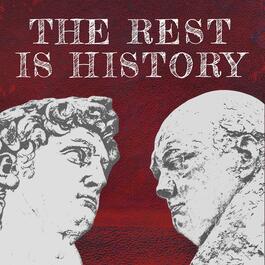
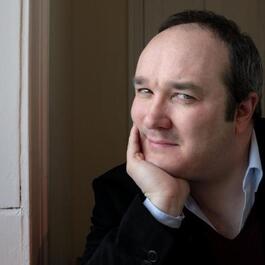

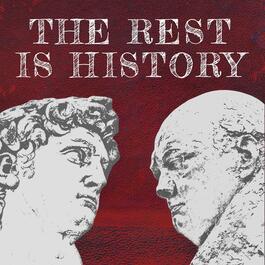
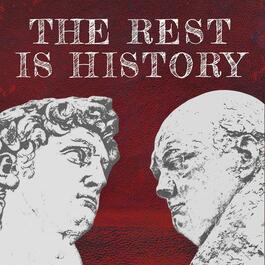
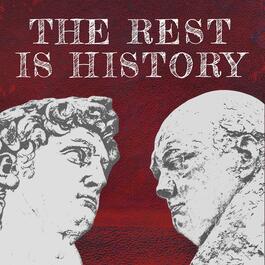




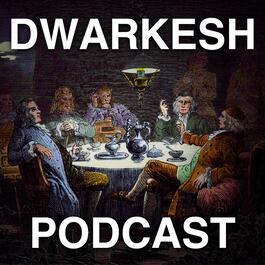





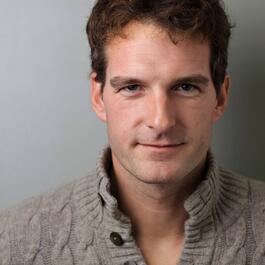







Shout-outs
Add shout-out